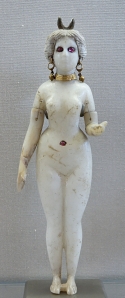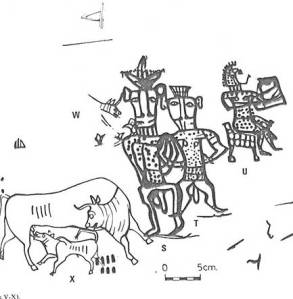5 Whatever house you enter, first say, ‘Peace be to this house!’ 6 And if a son of peace is there, your peace shall rest upon him; but if not, it shall return to you. 7 And remain in the same house, eating and drinking what they provide, for the laborer deserves his wages; do not go from house to house. Luke 10:5-6
The context of this verse, is the sending out of the seventy. They were going to Jewish communities to announce the Kingdom. Something that the Jews were expecting any day. They all knew of Daniels Seventy Weeks Prophecy, and new the time was fulfilled. This is not about general evangelism to people who know nothing of God’s plans and purposes.
The passage is also in a culture of hospitality. There were no hotels, campgrounds, or other accommodations for travelers. Towns and individuals were expected to be hospitable, taking travelers in and providing food and shelter.
The “son of peace,” is a Hebrew idiom, meaning a hospitable person.
To be a “son of something,” means to be in the group of what ever the something is. We see this usage in 2Kings.
And the sons of the prophets who were in Bethel came out to Elisha, and said to him, “Do you know that today the LORD will take away your master from over you?” And he said, “Yes, I know it; hold your peace.” 2Kings 2:3
Shalom has many meanings; completeness, contentment, friendship, quiet, safety, soundness, tranquility, welfare, and of course lack of conflict. However these are people looking for the Sar Shalom i.e. the Prince of Peace.
For to us a child is born, to us a son is given; and the government will be upon his shoulder, and his name will be called “Wonderful Counselor, Mighty God, Everlasting Father, Prince of Peace.” Is. 9:6
Messiah is instructing the seventy to go where they are welcomed and wanted. Where there are people who know the Kingdom is coming and are seeking to understand that Kingdom.









